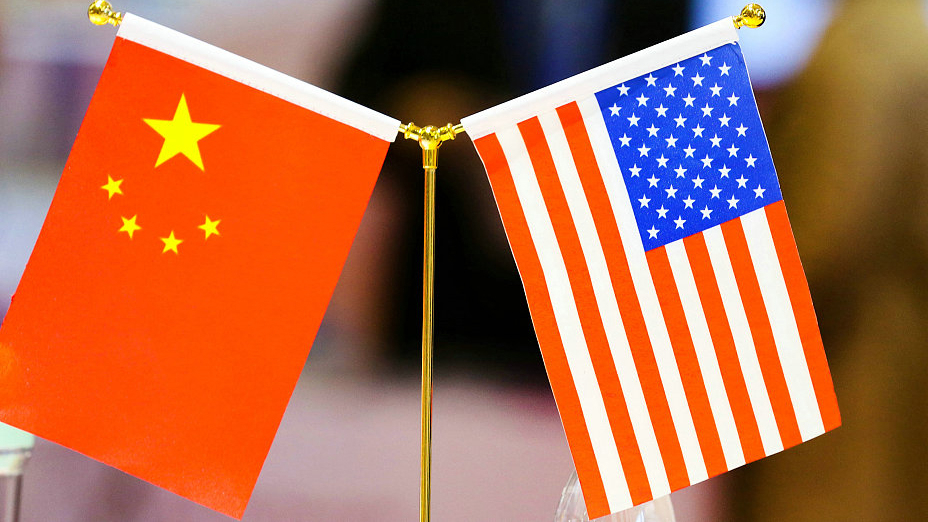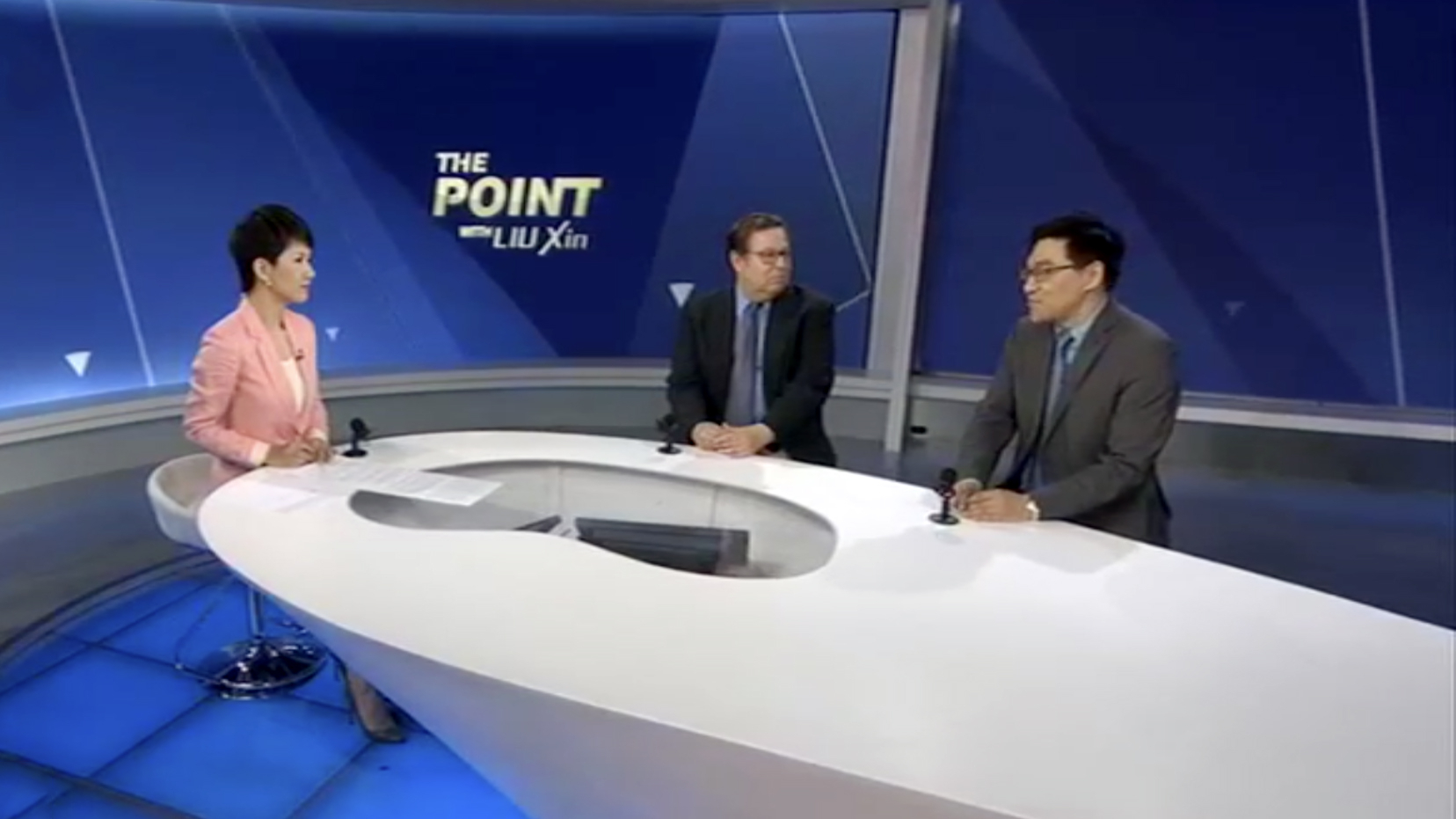
19:32, 04-Jul-2019
U.S. geo-strategist wrong about academic ties with China

China's education authority on Monday warned Chinese who hope to study in America about a troubling trend: what they see as an uptick in visa delays and denials, which adds one more source of tension to the strained China-U.S. relationship —academic exchange.
According to the China Scholarship Council, 3.2 percent of government-sponsored students applying for U.S. visa delayed their plans in 2018. However, this number jumped to 13.5 percent in the first quarter this year.
But there shouldn't be any difference between the government-sponsored and self-funded students applying for U.S. visa, said John Gong, professor at University of International Business and Economics. "These are the same type of students."
The Ministry of Education cautioned students and scholars to "evaluate their options before studying abroad" — and to beware of certain risks.
In response, the U.S. State Department defends its welcome to Chinese "legitimate" study, reasoning that it has tightened visa scrutiny after identifying a number of instances might be linked to foreign intelligence-gathering.
Rick Dunham at Tsinghua University agreed that it shouldn't matter who is funding qualified students, adding some Ph.D. students among applicants are more likely to be in what would be considered "sensitive subject" matter, such as IP and security issues.

There is no solid evidence indicating the spying allegation, and no statistics showing a trend of increasing Chinese involved in espionage activities, Gong said. "These are some things being talked about by Washington politicians, especially the Republicans."
"Don't let the political disagreements turn this into an educational cold war," Dunham warned, noting Chinese apply, they pay and got in — nothing to do with the government, but "they are caught in the middle here."
The Chinese are the largest community of foreign students in the U.S. — and a major source of tuition dollars.
Between 2017 and 2018, a total of 363,300 registered Chinese students studied in U.S. colleges, increasing 3.6 percent year on year, and accounting for 33.2 percent of all the international students, according to China's Ministry of Education.
In 2017, Chinese students brought in about 1.3 billion U.S. dollars to the country.
Apart from the economic gain, Dunham believed that foreign institutions hosting the Chinese students could learn the first-hand culture of what Chinese people are like.
"It's not the headlines in the newspaper," he said. "It's not the stereotype."
Gong also referred to the Chinese community's "indispensable" role in U.S. innovation research, citing there are a large proportion of Chinese workers and researcher in U.S. leading laboratories, universities, and high-tech companies.
Those geo-strategists in Washington proposed the theory that China has benefited a lot more from the U.S. than the U.S. has from China, he said. "They want to decouple this (exchange)."
SITEMAP
Copyright © 2018 CGTN. Beijing ICP prepared NO.16065310-3
Copyright © 2018 CGTN. Beijing ICP prepared NO.16065310-3